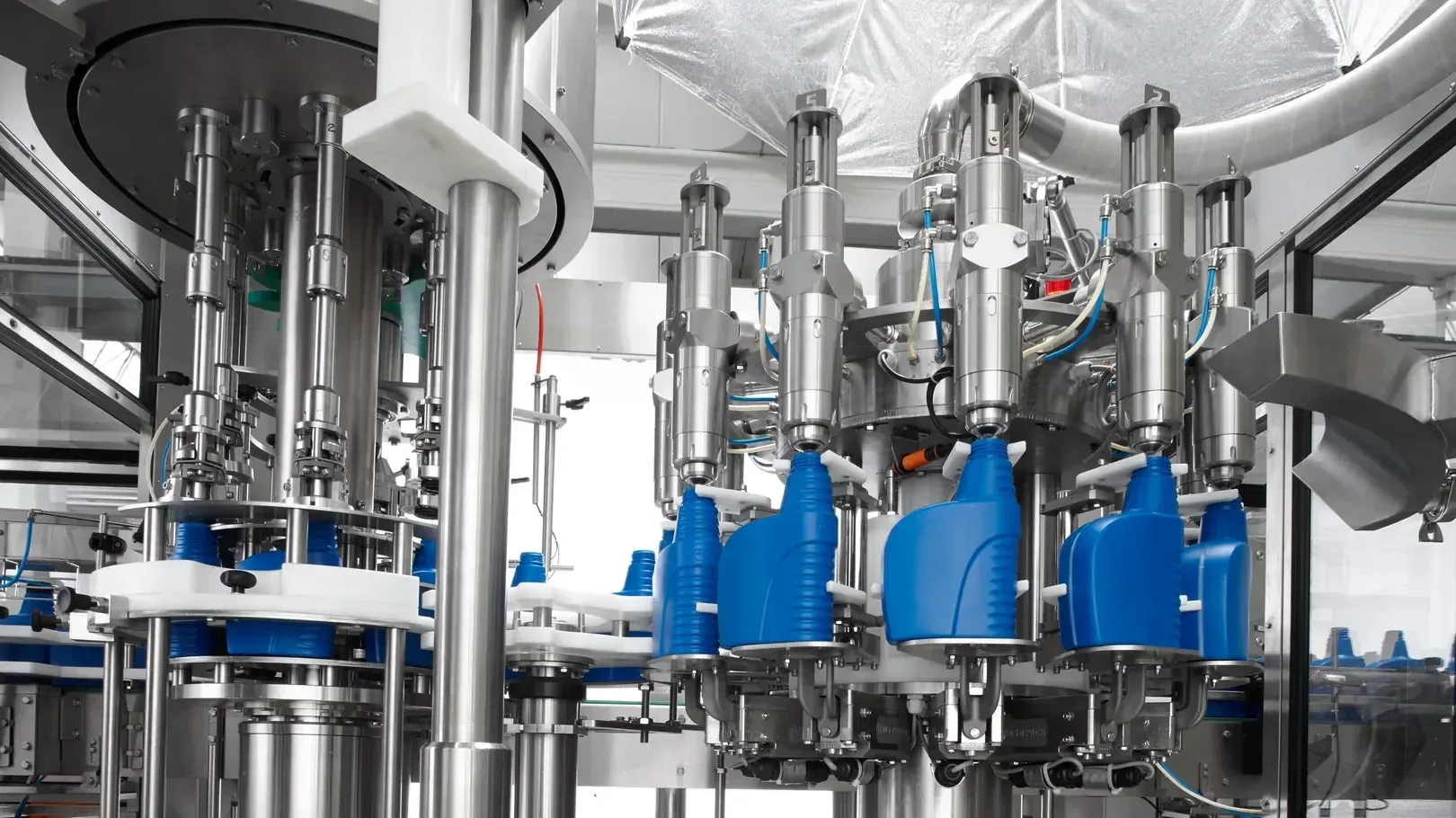What makes net weight filling so impactful? In high-volume production environments, net weight filling technology is not just a process upgrade—it's a measurable improvement in accuracy, yield, and regulatory compliance. Designed for industries like food, cosmetics, and chemicals, these systems use load cells, precision weighing algorithms, and closed-loop control to ensure that each container meets exact weight specifications, within tolerances as low as ±0.1 g depending on the application. This accuracy translates into reduced overfill (giveaway), material savings, and improved OEE (Overall Equipment Effectiveness).
Data-Driven Optimization and Traceability
As part of Industry 4.0, net weight filling systems provide real-time KPIs such as fill weight distribution, standard deviation, and machine efficiency. Machine operators can access detailed datasets for predictive maintenance, trend analysis, and root-cause diagnostics. This capability reduces unplanned downtime and provides full traceability, which is increasingly essential for ISO, FDA, and EU compliance standards.
Sustainability and Material Savings
By eliminating product giveaway and ensuring repeatable accuracy, net weight filling directly contributes to material and cost reduction, lowering product loss by up to 2–5% compared to volumetric filling. The technology also supports lightweight packaging, since precise dosing reduces the risk of underfilling or overcompensating to meet label claims.
At Weightpack, we are committed to delivering filling solutions that combine precision engineering with intelligent control systems, empowering our customers to meet the highest standards of quality, efficiency, and sustainability. By integrating advanced net weight technology into our platforms, we help manufacturers reduce waste, ensure regulatory compliance, and future-proof their operations. As the industry continues to evolve, Weightpack remains at the forefront—engineering innovation that adds measurable value, batch after batch.






